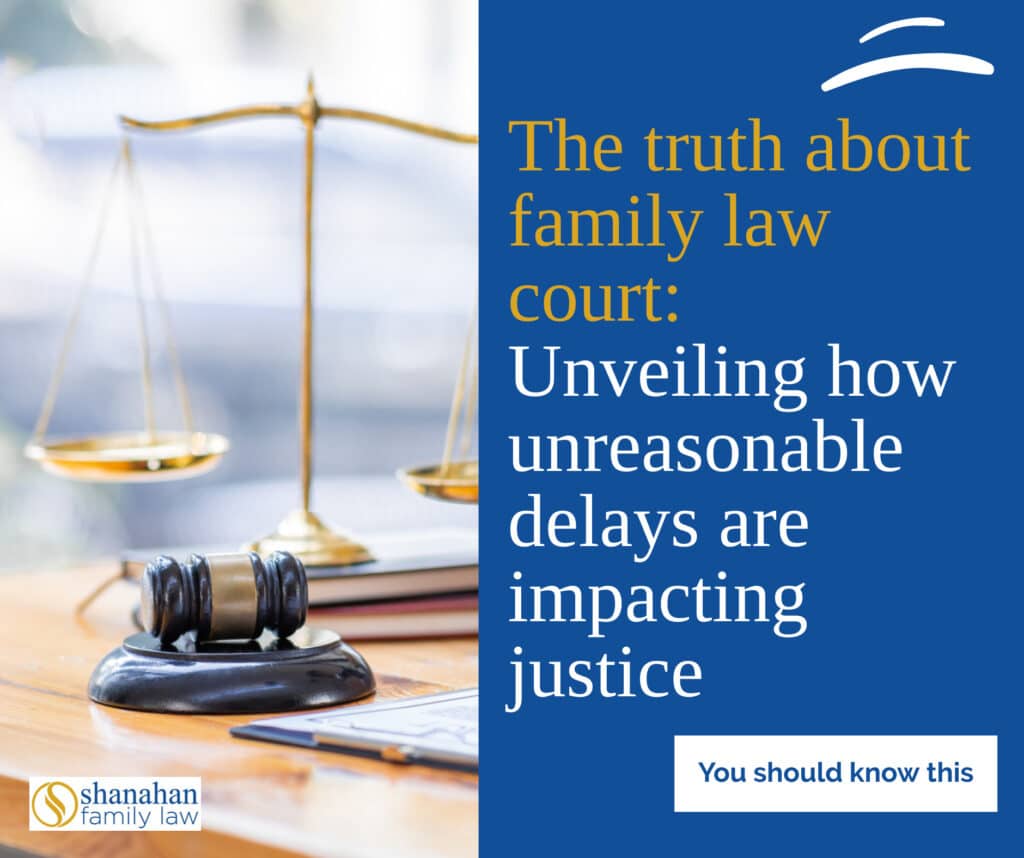Sometimes family law cases in Australia can result in gross injustice to one party. Many factors can cause injustice. In Manifold & Alderton 2021, a lapse in procedural fairness and an unreasonable delay affected the primary judge’s handling of the case. You can review full-text decisions from the Federal Circuit and Family Law Court of Australia, including this case.
This case raised several issues that took years to determine in Family Court.
Key takeaways 
- After a financial windfall, Mr Manifold and Ms Alderton’s marriage broke up in 2012.
- Mr Manifold began court proceedings in 2013.
- After multiple postponements, a final judgment was handed down in 2020.
- Mr Manifold appealed the decision.
- Several problems were found in the judge’s decision on appeal.
Background
Mr Manifold and Ms Alderton were a couple who married in 2008 and had two children. Ms Alderton won over $1 million from the lottery in 2012 and ended the relationship soon after. She gave about $300,000 to Mr Manifold, who moved out of the marital home.
Federal Circuit and Family Law Court proceedings
Mr Manifold began court proceedings for a parenting order and property settlement in 2013. The case came before the Federal Circuit Court. After an initial trial in September, final judgment was reserved.
Reserving judgment means the Court is postponing handing down its decision. The length of postponement can be excessive. Former High Court Judge Dyson Heydon has spoken out against the harm extended delays in judgment can have. One reason he noted was that it could affect a case’s outcome regardless of the case’s merits.
Mr Manifold applied for interim orders four years later. In 2017, the parties agreed to a consent order. Ms Alderton breached the order. After a contested hearing in September 2019, judgment was reserved a second time. A final decision came in September 2020.
Initially, Mr Manifold had requested equal parental responsibility and time as well as an equal property division. In his 2019 application, he wanted sole responsibility and custody of the children, with visitation rights for the mother.
Ms Alderton initially wanted equal responsibility and child custody. Mr Alderton would get visitation rights. As for property, she requested 70% of the total asset pool with an adjustment for spousal maintenance. The proposal changed several times, with Ms Alderton ultimately wanting 85% of the asset pool.
The Judgment
Judge Demack noted Ms Alderton’s propensity for making unilateral parenting decisions. She also withheld them from Mr Manifold. He believed this showed she had little regard for the father’s relationship with the children.
In the final judgment, parties would have equal responsibility, and Ms Alderton would be the primary caregiver. Mr Manifold would spend five nights per fortnight with the children. Both parties retained the property already in their possession.

The Appeal
Mr Manifold appealed the decision. The case went before a full Court in March 2021. The appeal was granted in light of the “gross and deplorable” delay in delivering the final judgment. The delay itself wasn’t grounds for an appeal. Instead, it was the effect the delay had on the decision that caused an injustice. Specifically, the delay caused the primary judge to make crucial errors.
There was no justification for the delay or consideration of the delay’s impact on the final decision. The delay’s length also meant the children were much older, and the property pool had changed dramatically since 2013.
The findings of the appeal were that due to the delay:
- The judge didn’t properly consider the evidence;
- The judge didn’t adequately assess the father’s case;
- The court order was not founded on adequate reasoning;
- There was a risk the judge would tend toward the easiest finding.
Let us help you protect your rights
The recent amalgamation of the courts has brought many welcome changes to family law proceedings. One notable reform is a commitment to impose time limits to resolve cases. Unfortunately, Mr Manifold didn’t receive this treatment.
Shanahan Family Law is focused on finding alternative methods to court action. We will help you find opportunities for mediation and walk you through the court process if necessary.
Contact our office for an initial free discovery call.

